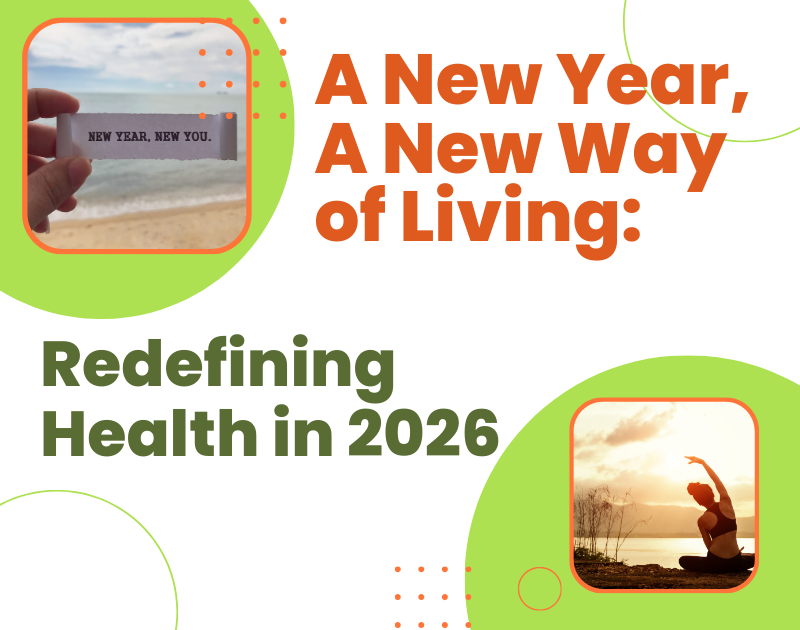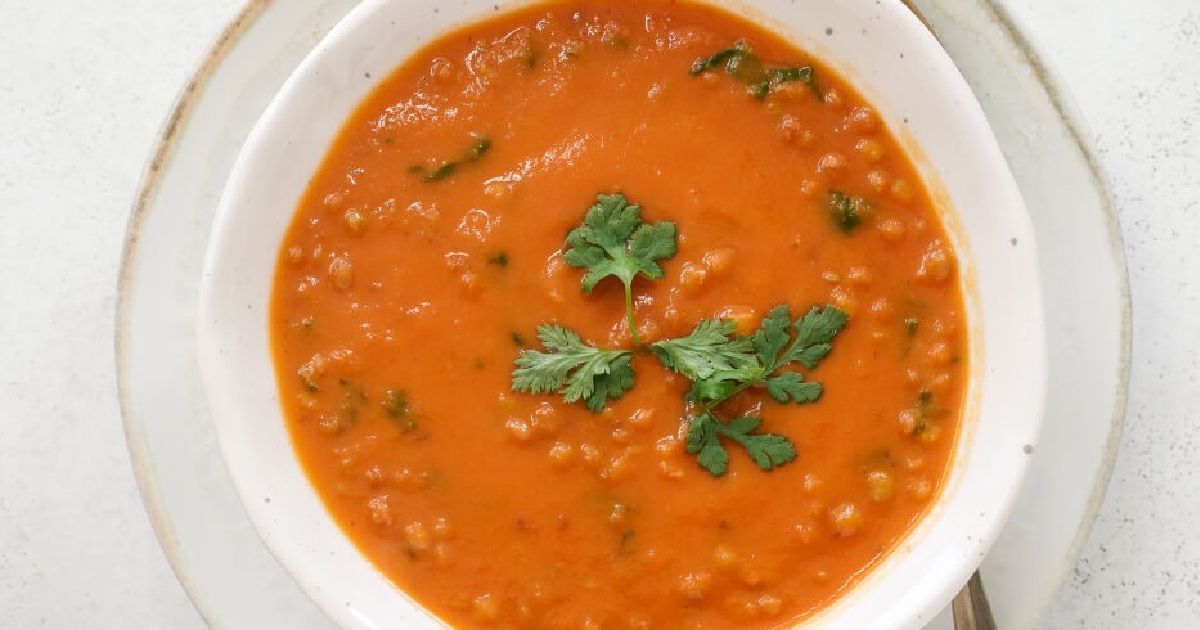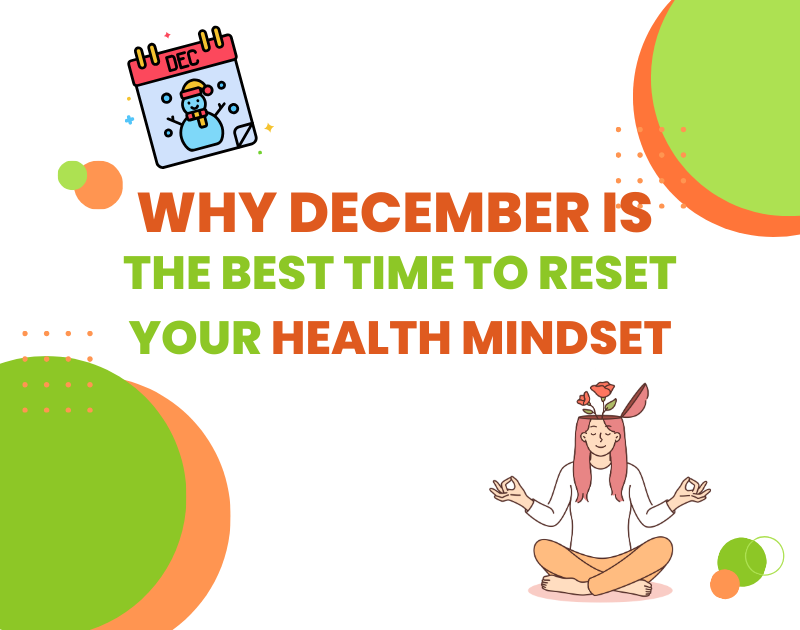Understanding Gluten and the Importance of a Gluten-Free Diet: Connections to Chronic Diseases
Gluten is a protein found in wheat, barley, rye, and triticale (a wheat-rye hybrid). While it provides structure to many baked goods, it can cause serious health problems for certain individuals. A growing awareness of gluten’s effects has led many to adopt a gluten-free diet, either for medical reasons or perceived health benefits. This blog explores gluten, its role in chronic diseases, and key considerations for maintaining a balanced gluten-free lifestyle.
What Is Gluten?
Gluten is a naturally occurring protein that contributes elasticity to dough and helps it rise. It’s found in many everyday foods, including bread, pasta, and cereals. Other grains, such as corn, rice, and quinoa, also contain proteins classified as glutens, but they do not cause the same issues as wheat, barley, rye, and triticale.
Why Go Gluten-Free?
For people with specific medical conditions, removing gluten is essential.
These conditions include:
1. Celiac Disease
Celiac disease is an autoimmune disorder where consuming gluten triggers the immune system to attack the lining of the small intestine. Over time, this damage leads to malabsorption of nutrients and increases the risk of several chronic conditions, such as:
- Anemia: Resulting from iron deficiency.
- Osteoporosis: Due to poor calcium and vitamin D absorption.
- Neurological Disorders:
Including migraines and neuropathy.
2. Non-Celiac Gluten Sensitivity (NCGS)
NCGS causes symptoms like abdominal pain, bloating, diarrhea, and brain fog without damaging the intestine. Chronic inflammation linked to NCGS can contribute to systemic issues like:
- Chronic fatigue
- Digestive imbalances
3. Gluten Ataxia
This autoimmune condition affects certain nerve tissues, causing difficulties with muscle control and coordination.
4. Wheat Allergy
An allergic reaction to wheat proteins, including gluten, can result in congestion, breathing
difficulties, and other symptoms.
Gluten-Free Diet and Chronic Diseases
Neglecting a necessary gluten-free diet can exacerbate inflammation and increase the risk of chronic diseases:
- Cardiovascular Disease: Chronic inflammation may heighten the risk of heart problems.
- Type 1 Diabetes: Often associated with celiac disease, unmanaged gluten intake increases complications.
- Autoimmune Disorders: Untreated gluten sensitivities can lead to the development of additional autoimmune diseases, such as Hashimoto’s thyroiditis.
Tips for Following a Gluten-Free Diet
To thrive on a gluten-free diet, it’s crucial to pay close attention to food choices:
Allowed Foods:
Many naturally gluten-free foods can form the foundation of a nutritious diet:
- Fruits and Vegetables: Rich in fiber, vitamins, and antioxidants.
- Beans, Seeds, and Legumes: Excellent plant-based protein sources.
- Gluten-Free Grains: Rice, quinoa, millet, sorghum, and buckwheat.
- Lean Proteins: Nonprocessed meat, poultry, and fish.
- Dairy Products: Most are naturally gluten-free.
Foods to Avoid:
Eliminate all foods containing wheat, barley, rye, and triticale.
This includes:
- Breads, pastas, and pastries.
- Beer and malt beverages.
- Sauces, gravies, and soups made with gluten-containing thickeners.
Nutritional Risks of a Gluten-Free Diet
A gluten-free diet may lead to unintended nutrient deficiencies if not carefully managed:
Fiber: Whole-grain breads and cereals are key fiber sources. Gluten-free alternatives, like rice-based
products, often contain less fiber.
Consider integrating:
- Vegetables (e.g., broccoli, carrots).
- Legumes (e.g., lentils, chickpeas).
Vitamins and Minerals: Gluten-free products may lack enriched nutrients like:
- Iron
- B Vitamins: Thiamin, niacin, and riboflavin
- Calcium
- Folate
Supplementing your diet with fortified gluten-free foods or seeking professional guidance
ensures nutritional adequacy.
Gluten-Free Lifestyle Tips
Successfully maintaining a gluten-free diet requires vigilance:
- Label Reading: Learn to spot hidden gluten in processed foods.
- Kitchen Practices: Avoid cross-contamination by storing and preparing gluten-free foods separately
- Dining Out: Research gluten-free menus in advance and communicate your dietary needs clearly
Final Thoughts
For individuals diagnosed with celiac disease or other gluten-related conditions, a gluten-free diet is not a trend but a medical necessity. While the gluten-free lifestyle may seem restrictive, careful planning and attention to nutrient needs can make it a balanced and healthy way to live.
Working with a registered dietitian can help you navigate these challenges and tailor your diet to meet your unique nutritional requirements. By addressing gluten-related sensitivities, you can prevent chronic disease complications, improve your quality of life, and enjoy food with confidence.









